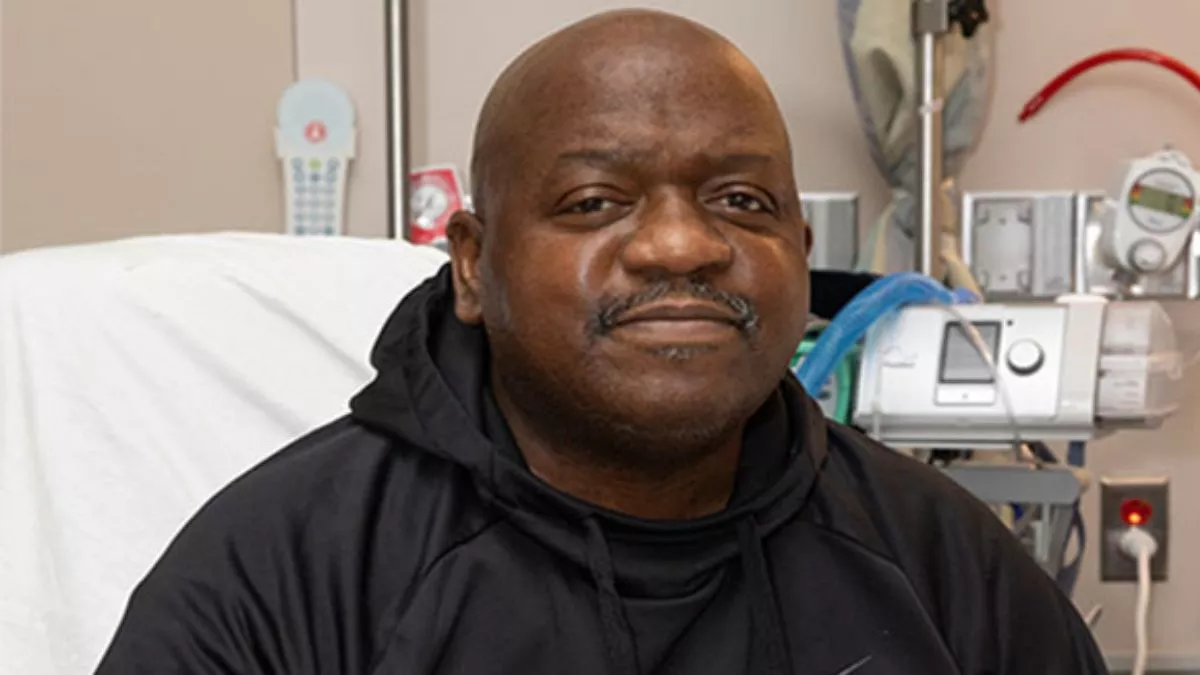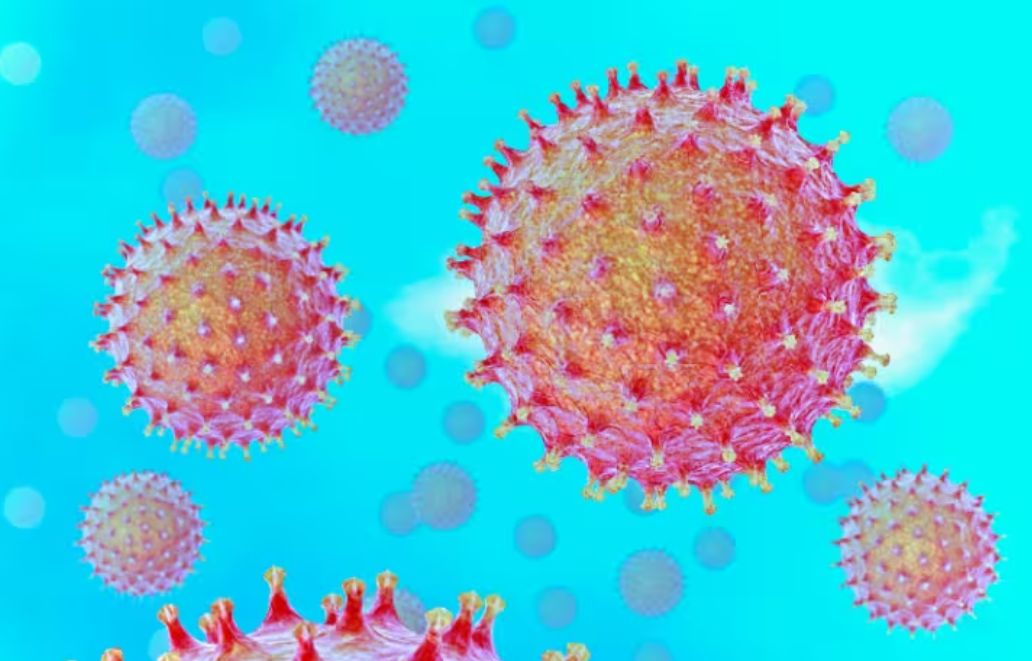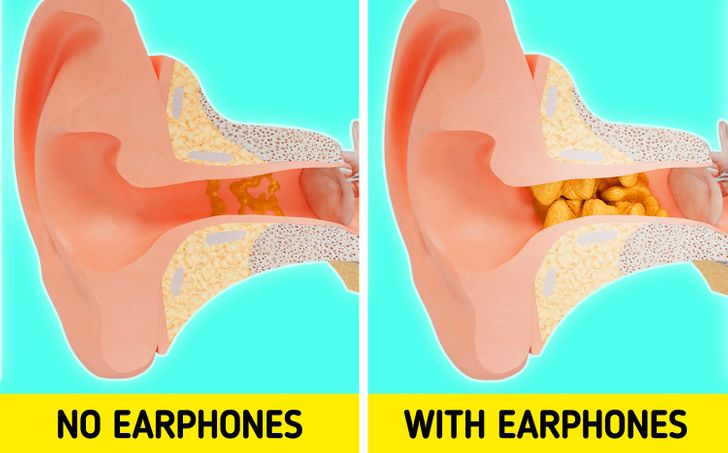Rik Sleman, the first person in the world to undergo a groundbreaking kidney transplant from a genetically edited pig, passed away nearly two months after the transplantation surgery. The 62-year-old Sleman had received the kidney at Massachusetts General Hospital in March last year upon the diagnosis of end-stage kidney disease.
Despite the hospital’s insistence that there were no indications that his death was a result of the transplant, Sleman succumbed to mortality. Following a four-hour surgery recommended by his doctors, Sleman, a manager at the Massachusetts Department of Transportation, was discharged from the hospital in April.
Doctors had initially expressed optimism that the new kidney could function for years. They also acknowledged the uncertainties surrounding xenotransplantation, the transplantation of organs from animals to humans.
In a statement, Massachusetts General Hospital expressed gratitude for Sleman’s trust and desire to advance the field of xenotransplantation, considering him a beacon of hope for countless transplant patients worldwide. They also extended heartfelt condolences to Sleman’s family and loved ones.
Described as a compassionate individual dedicated to helping others throughout his life, Sleman’s family conveyed deep sorrow over his sudden demise. However, they found solace in knowing that his story had inspired countless individuals awaiting transplants worldwide.
Sleman had been a patient in the hospital’s transplant program for eleven years. After suffering from diabetes and high blood pressure for many years, he received a human kidney in 2018 from a deceased donor. Signs of kidney failure reappeared five years later, prompting him to resume dialysis in 2023.
The unprecedented operation, hailed as a medical milestone, was recognized by Dr. Tatsuo Kawai, director of the Legacy Center for Clinical Transplantation at Massachusetts General, as a significant step forward in medical science when it was performed in March.
The need for organs in the United States significantly exceeds the supply. According to the Organ Procurement and Transplantation Network, currently, over 100,000 people are awaiting organ donations.
Researchers have long been exploring ways to safely and successfully transplant animal organs into humans to address the shortage of organs. They believe that utilizing animal organs could help alleviate the shortage and save lives.
Before Sleman’s case, only two transplants using pig organs had been completed using pig limbs, both of which were heart transplants. Both recipients died weeks after receiving the transplants.



